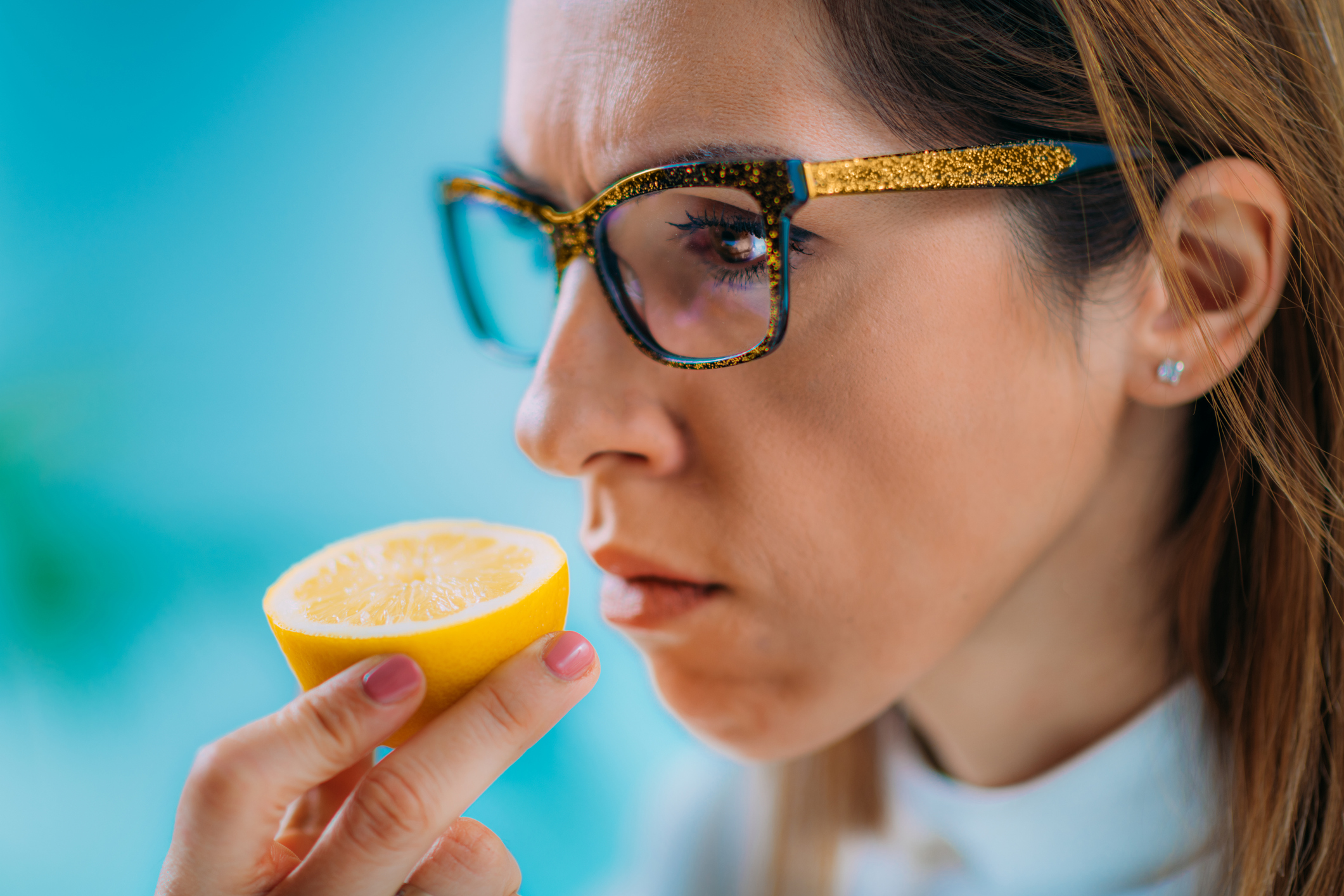Get Easy Health Digest™ in your inbox and don’t miss a thing when you subscribe today. Plus, get the free bonus report, Mother Nature’s Tips, Tricks and Remedies for Cholesterol, Blood Pressure & Blood Sugar as my way of saying welcome to the community!
COVID-19 may predict a silent wave of Parkinson’s disease

If there’s one thing we know about the coronavirus, it’s that we probably don’t yet know everything it can do to the human body.
It’s apparent that, although this virus enters our bodies through the respiratory system, it doesn’t stop there.
Beyond the respiratory infection whose complications are deadly, people who have been infected experience strange and seemingly unrelated symptoms: loss of taste and smell, skin conditions like rashes and bumps on the toes (“COVID toes”) gastrointestinal issues.
Most recently, researchers are finding a disconcerting but very real connection between COVID infections and the nervous system. Specifically, it seems that a COVID-19 infection increases the chance of developing Parkinson’s disease.
How does COVID-19 lead to Parkinson’s?
Last month, three doctors co-authored a paper that explores the possible ways a COVID-19 infection could contribute to the onset of Parkinson’s.
There are three possibilities:
- COVID-19 damages blood vessels, including those in the brain. It’s possible that the infection damages the area of the brain that produces dopamine, and that motor planning is compromised. This is exactly what causes the shuffling and stiff movements of a person with Parkinson’s.
- Chronic inflammation caused by COVID-19 could trigger the brain inflammation and cell death that is associated with Parkinson’s.
- The coronavirus may be attacking the nervous system directly. COVID-19 and Parkinson’s share some early symptoms, such as loss of sense of smell and issues with the gut.
How COVID can help diagnose Parkinson’s in its early stages
If we could snap our fingers and make it so that COVID-19 had never occurred, we would. In a heartbeat.
But, as with most bad things in life, there are always silver linings.
In this case, it looks like the coronavirus could help scientists to develop better treatments for Parkinson’s disease, a devastating condition that also steals lives and reduces quality of life.
At least, this is what scientists at the Florey Institute in Australia are proposing.
In a review published in the Journal of Parkinson’s Disease, Professor Kevin Barnham and his colleagues say that identifying neurodegeneration as early as possible could help clinicians treat Parkinson’s in its earliest stages, while there’s an open window for positive change.
For example, research shows that by the time the typical motor dysfunction of Parkinson’s occurs, at least 50 percent of dopamine-producing brain cells have been lost.
But the loss of sense of smell that often happens with COVID-19 also occurs in around 90 percent of people in the early stages of Parkinson’s.
With the proper diagnostic tools, say these researchers, Parkinson’s could be detected so early in COVID patients that motor dysfunction could be prevented.
Professor Barnham also notes that this isn’t the first time that a virus has increased Parkinson’s risk.
“We can take insight from the neurological consequences that followed the Spanish Flu pandemic in 1918 where the risk of developing Parkinson’s disease increased two to threefold.
“Given that the world’s population has been hit again by a viral pandemic, it is very worrying indeed to consider the potential global increase of neurological diseases that could unfold down track.”
“The world was caught off guard the first time, but it doesn’t need to be again,” says Barnham.
If public health officials make use of the lessons of the past, this pandemic could actually result not in a “silent wave” of Parkinson’s and other neurological deficits, but in a wave of prevention.
Sources:
COVID-19 infection may be part of a ‘perfect storm’ for Parkinson’s disease — Science Daily
Is COVID-19 a perfect storm for Parkinson’s disease? — Trends in Neurosciences
Experts warn COVID-19 may increase risk of Parkinson’s disease — New Atlas
Neurological consequences of COVID-19: The ‘Silent Wave’ — Florey Institute of Neuroscience and Mental Health
Parkinsonism as a Third Wave of the COVID-19 Pandemic? — Journal of Parkinson’s Disease












